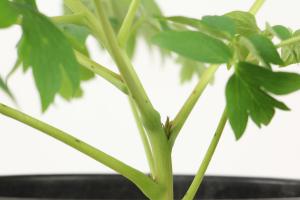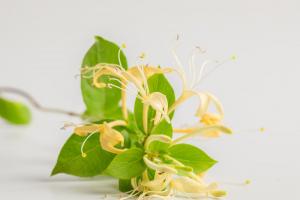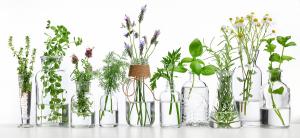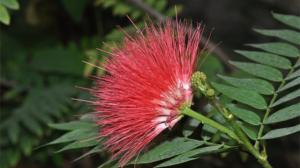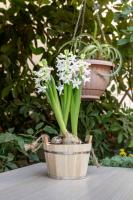Is Rain Water Safe for Plants?
Rainwater is considered one of the best sources of water for plants. It is natural, free, and contains no added chemicals, making it a healthy choice for plants. However, there are some factors to consider when using rainwater for plants.
The Benefits of Rainwater for Plants
Rainwater is soft water, meaning it contains low levels of dissolved minerals. This makes it easier for plants to absorb water and nutrients, which promotes healthy growth. Rainwater is also slightly acidic, which can benefit plants that prefer acidic soil. Unlike tap water, rainwater is free from chlorine and fluoride, which can harm plants if the levels are too high. Additionally, using rainwater for plants is eco-friendly, as it reduces the demand for tap water.
The Potential Risks of Using Rainwater for Plants
While rainwater is generally safe for plants, there are some potential risks to consider. If collected improperly, rainwater can contain pollutants, such as heavy metals or chemicals from air pollution. To minimize this risk, collect rainwater from a clean surface, such as a roof, and filter it through a fine mesh screen. It is also important to avoid collecting rainwater from areas where pesticides or other chemicals have been recently applied. Finally, stagnant rainwater can attract mosquitoes or other pests, so it is important to use the water within a few days of collection.
How to Use Rainwater for Plants
To use rainwater for plants, simply collect it in a clean container and use it to water your plants. It is important to water deeply and infrequently, rather than giving plants frequent shallow watering. This encourages the roots to grow deeper to access the water, which promotes healthy growth. It is also important to pay attention to the weather, and minimize watering during periods of rain or high humidity, as this can lead to overwatering and root rot. Additionally, it is important to remember that rainwater alone may not provide all the necessary nutrients for plants, so it is important to fertilize regularly, according to the plant's specific needs.
Conclusion
In conclusion, rainwater is generally safe and beneficial for plants, as long as it is collected properly and used responsibly. By taking a few precautions and using rainwater alongside other gardening practices, such as deep watering and proper fertilization, you can help your plants thrive and contribute to a more sustainable environment.

 how many times do yo...
how many times do yo... how many planted tre...
how many planted tre... how many pine trees ...
how many pine trees ... how many pecan trees...
how many pecan trees... how many plants comp...
how many plants comp... how many plants can ...
how many plants can ... how many plants and ...
how many plants and ... how many pepper plan...
how many pepper plan...